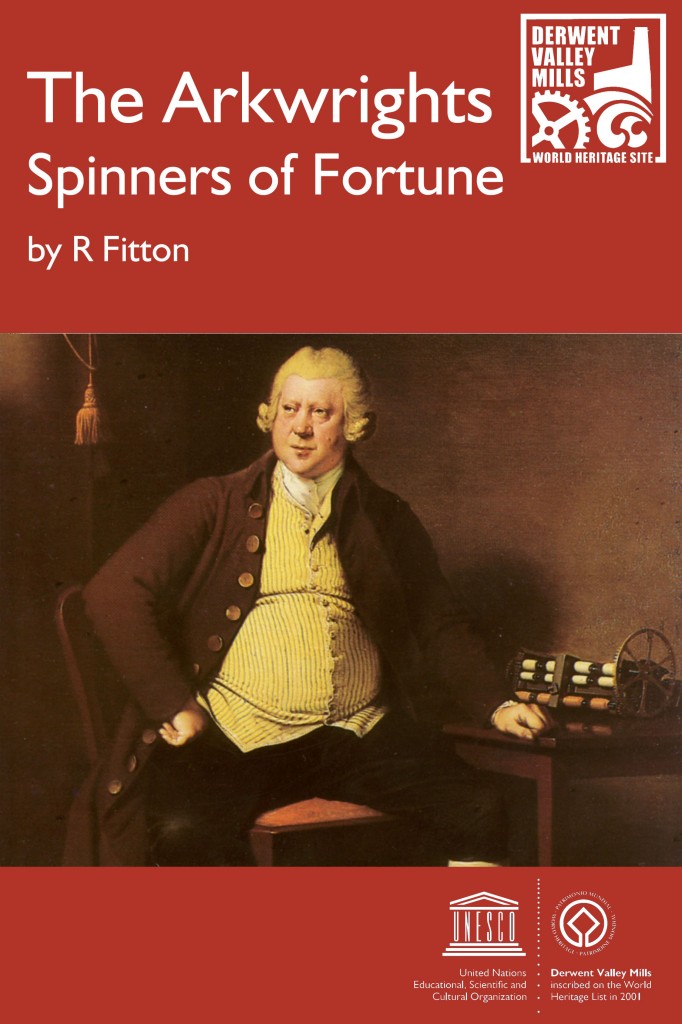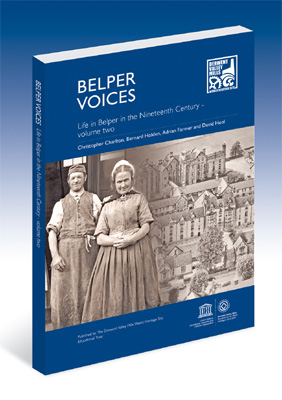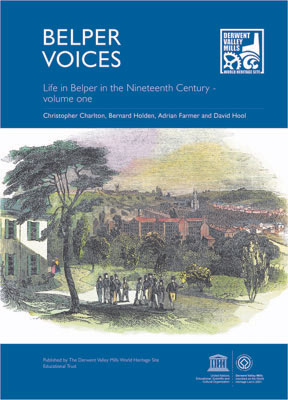
This is the definitive biography of Sir Richard Arkwright (1732-1792) and the first detailed account of the life of his only son Richard Arkwright junior (1755-1843), and the dynasty of land owning gentry he founded and sustained from his immense wealth.
A work of encyclopaedic detail, all the major issues of Sir Richard's career are considered; his family's origins in Lancashire; his education; the inventions; the patents won and lost; the Arkwright system; his emergence as a public figure and the business empire he created.
In Fitton's careful assessment Richard junior emerges, from beneath the shadow of his father, as his own man. Diffident and modest yet a money making machine who died 'the richest commoner in Europe'.

This is the Trust’s second book devoted to life in Belper in the nineteenth century. Thanks to the Trust securing generous financial support it is substantially larger than its predecessor. It retains the format that has become a hallmark of the Trust’s publications with copious illustrations and extensive quotations from contemporary sources. There is much in the book that breaks new ground. It features the extraordinary contribution to the development of the town, its administration and the shaping of its essential services by three generations of the Pym family. Other chapters describe the strategy the young town adopted to look after its poor creating a patchwork of individual philanthropy and self help while for those who sank into absolute poverty there was the workhouse. The building of the Belper Workhouse ( known now as the Babbington Hospital ) is described in detail. This account is accompanied by episodes from its later life as the Guardians who administered the Poor Law struggled with the challenges of unwelcome commands from London and disagreements within their own ranks as to where help was to be given. Should they, as the honourable Frederick Strutt demanded, deny money to the wives and families of men who were in prison? How the Guardians responded to this and many of Strutt’s other propositions is all in the book.
View details...
This is the first of two books describing life in Belper in the nineteenth century. These were the years that saw the town establish itself within the county as an administrative centre and, with its early railway connection, a flourishing horse-nail industry, and the seemingly inexorable growth of the Strutts' empire, what could go wrong? But the railway didn't bring investment; handcrafted nails were overtaken by those made by machine and then by imported products; and the mills contracted and were sold. The growth of the town stalled.
View details...